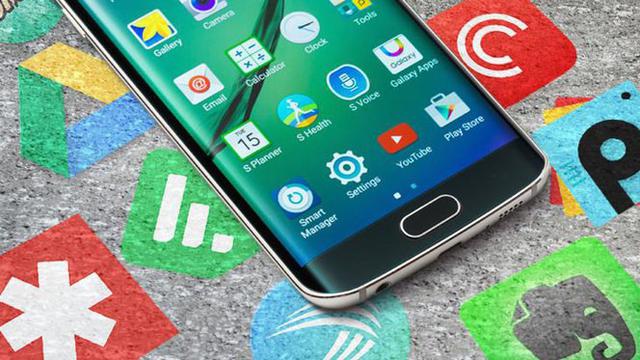If conventional banks are banks that are used to save money, then a garbage bank is a place to store solid waste that can be reused and recycled. In general, conventional garbage banks are passive because people have to come to the bank to give up their waste. Then, how effective is the garbage bank if an application of garbage collection is applied?
The garbage bank serves to collect solid waste from customers, and the bank can sell the waste directly to the buyers or store it for some time to be sold at a higher price. Because the garbage bank does not have enough space for storage, the bank must sell it to the garbage collector once the bank’s routine operations are complete. This is why many garbage banks cannot operate every day; limited space to store garbage and collectors cannot come every day to buy them.
A study to find out the possibility of using an Android application to collect waste that can be used again and recycled was carried out in RW 5, Gundih, Surabaya. This area was chosen because Gundih consists of 10 RWs with a total of 6,090 housing units and 87 RTs, where each RT consists of 70 households. Furthermore, RW 5 was chosen as the research area because it consisted of 15 RTs.
A garbage bank coverage is generally only in one RT area. This is due to the reluctance of customers to carry garbage far away or outside their RT area. On the other hand, according to Minister of the Environment Regulation no. 13/2012, a garbage bank should cover an area of one village.
The garbage bank management in Gundih Village is the best in Surabaya because this village is the village of winning RT of Surabaya Green and Clean Championship. There are seven large garbage banks in Gundih Village, and 6 of them are still operating.
The garbage bank plays an essential role in reducing the amount of solid waste in Surabaya. This is caused by the mixing of garbage in its transportation to the waste disposal site. Even though solid waste separation has been carried out well in Surabaya, solid waste will be mixed again with other waste when it is moved because the garbage transport trucks are not designed to collect the waste separately. This mixing complicates the process of sorting solid waste. Solid waste can eventually be wasted.
The garbage bank involved in this study is Tanjung Mandiri Garbage Bank, which uses a tricycle cart provided by Surabaya Green Open Space and Sanitation Agency. Three-wheeled carts are used to carry household waste to garbage banks with a coverage area. This study also involved 80 respondents who were residents of RW 5, Gundih, Surabaya.
Based on a survey conducted, the minimum sales from customers is IDR 12,000 per month. It includes waste such as clear plastic, colored plastic, paper waste, HVS paper, cardboard, and glass. If the garbage bank’s working hours are assumed to be 8 hours with a one-hour break, starting from 8 am to 4 pm and there are 40 houses visited to collect garbage, then the monthly income is IDR 3,960,000.00.
Meanwhile, the operational and maintenance costs for one garbage cart are Rp9,210,000.00. These expenses include workers’ wages, gasoline, and operational and maintenance costs. It means this system does not function properly because the amount of cost is higher than income.
To increase income, one way that can be done is to increase working hours to 10 hours per day, from 7 am to 6 pm with a two-hour break, and make Saturday and Sunday workdays. This way, the number of houses could be visited increased to 60 houses and revenue could increase to Rp18,360,000.00. The cost did not increase much, which was about Rp.9,960,000.00 per month.
By increasing the working hours, the profit of the garbage bank can reach IDR 8,400,000 per month. If the number of Tanjung Mandiri Garbage Bank carts is increased to two, the profit can reach Rp. 22,300,000.00.
In addition to asking about membership in the garbage bank and the quantity and type of waste deposited in the waste bank, a survey conducted also asked about the use of Android phones and opinions about waste management through the Android application.
This research is not intended to make the application, but to find out the financial possibilities of developing Android applications for proactive waste bank management. From the case study in RW 5, Gundih Urban Village, it can be seen that the Tanjung Mandiri Garbage Bank system can be more effective if garbage collection is carried out every day from houses from 7 am to 6 pm. (*)
Author: Nurina Fitriani
Details of research available at:http://www.envirobiotechjournals.com/article_abstract.php?aid=9344&iid=268&jid=4





